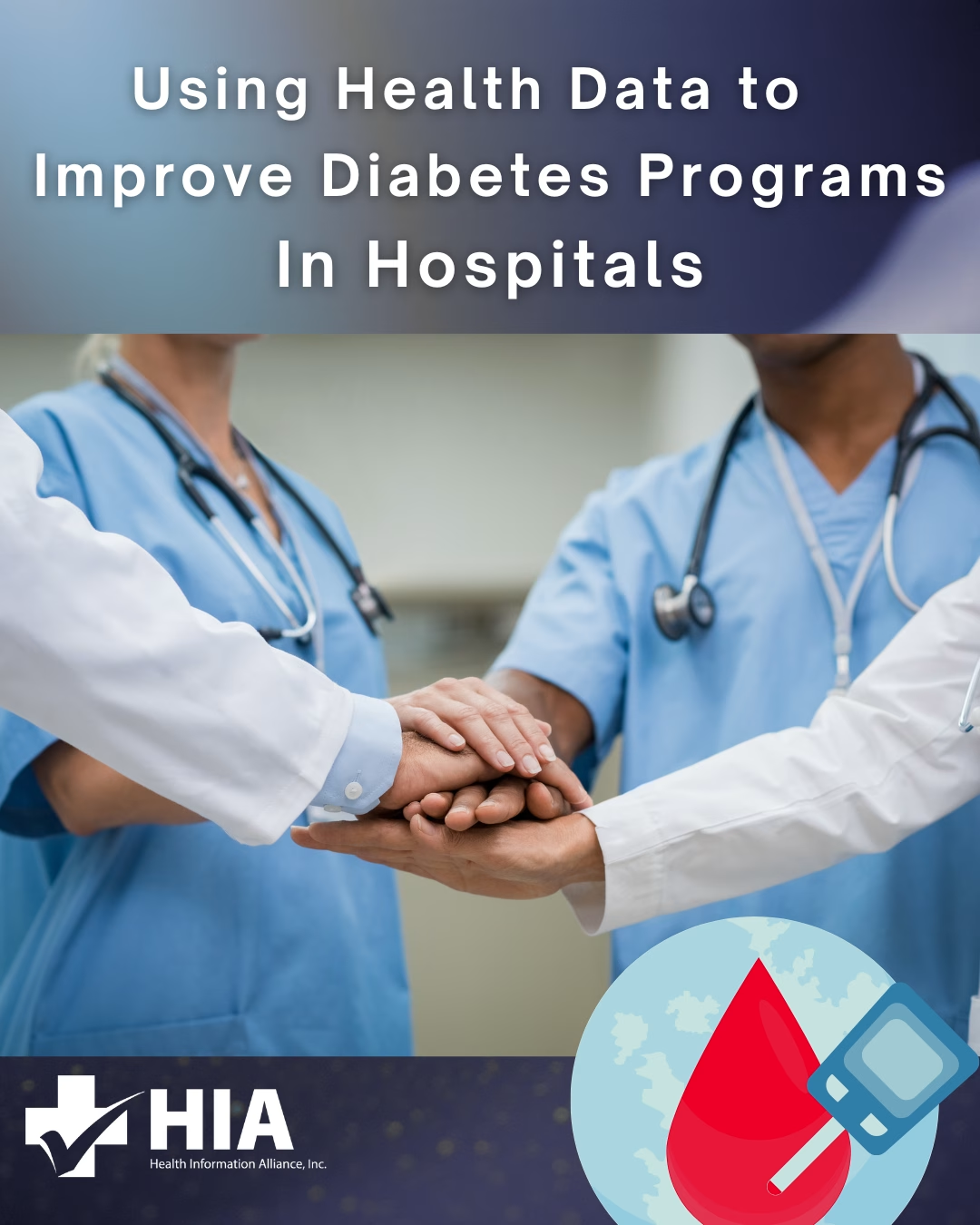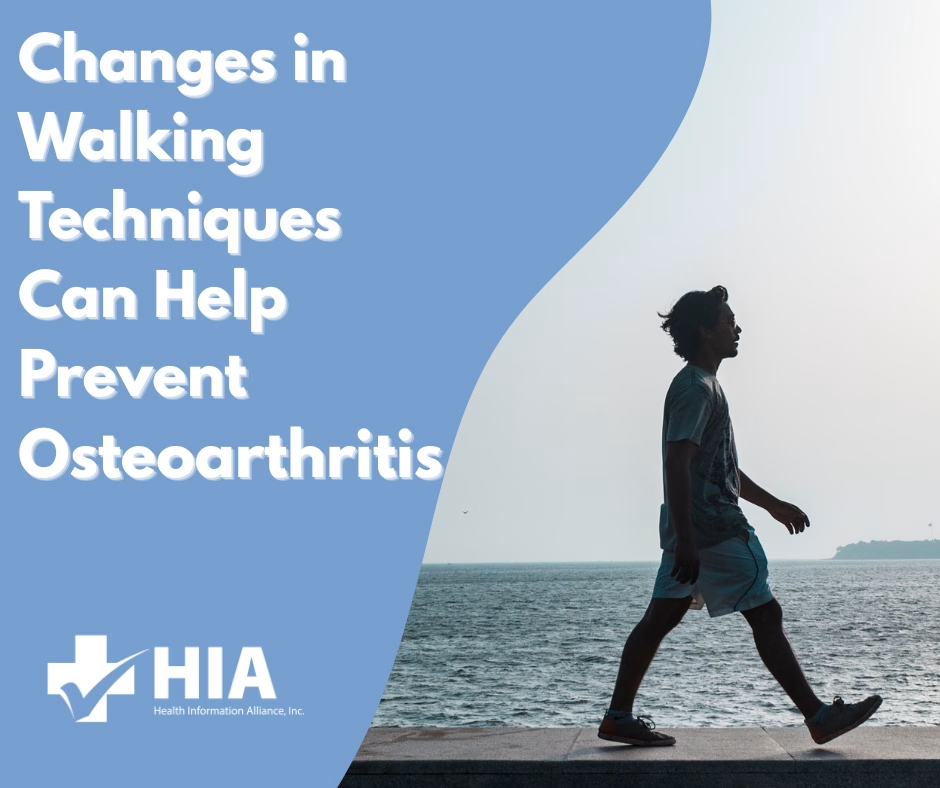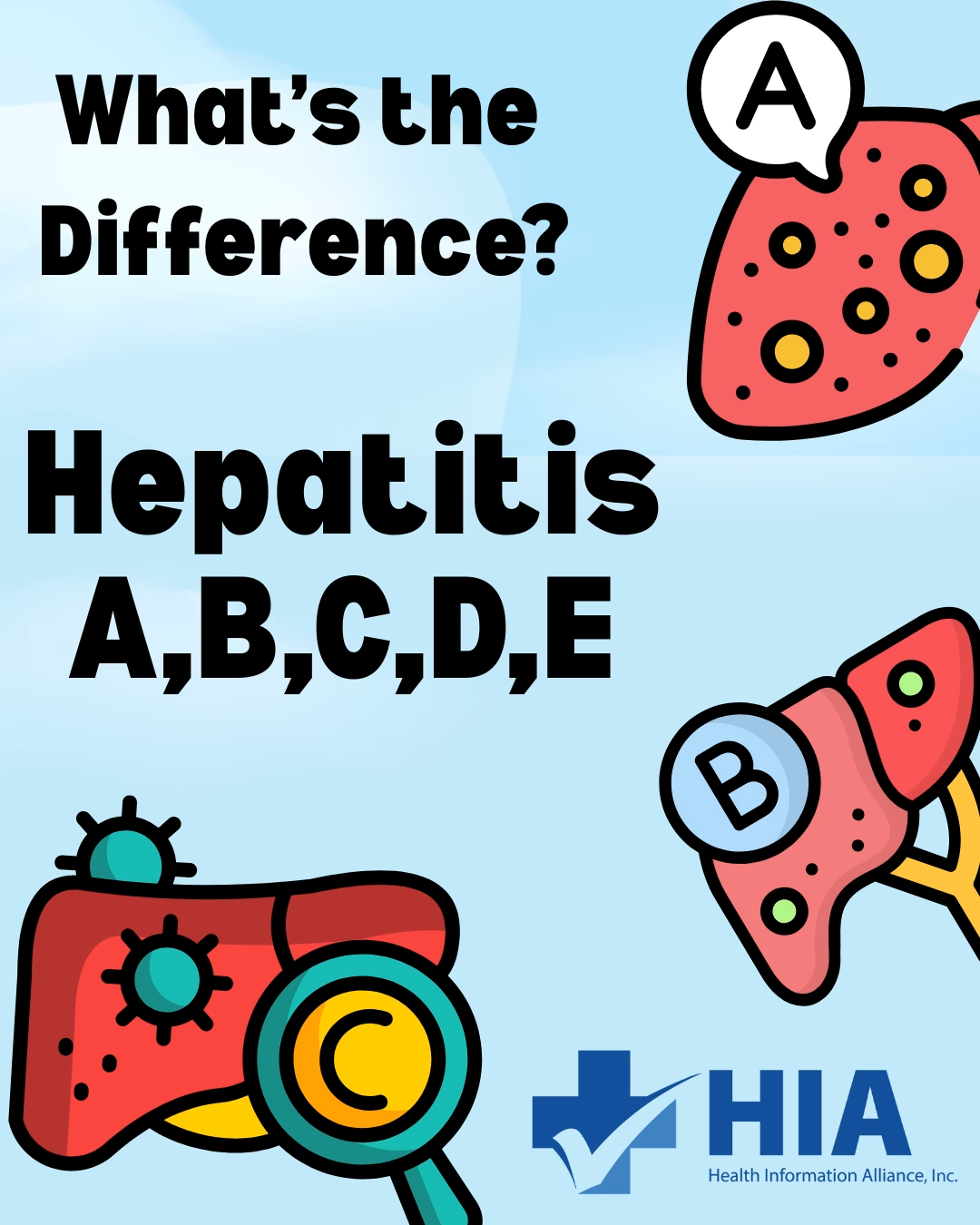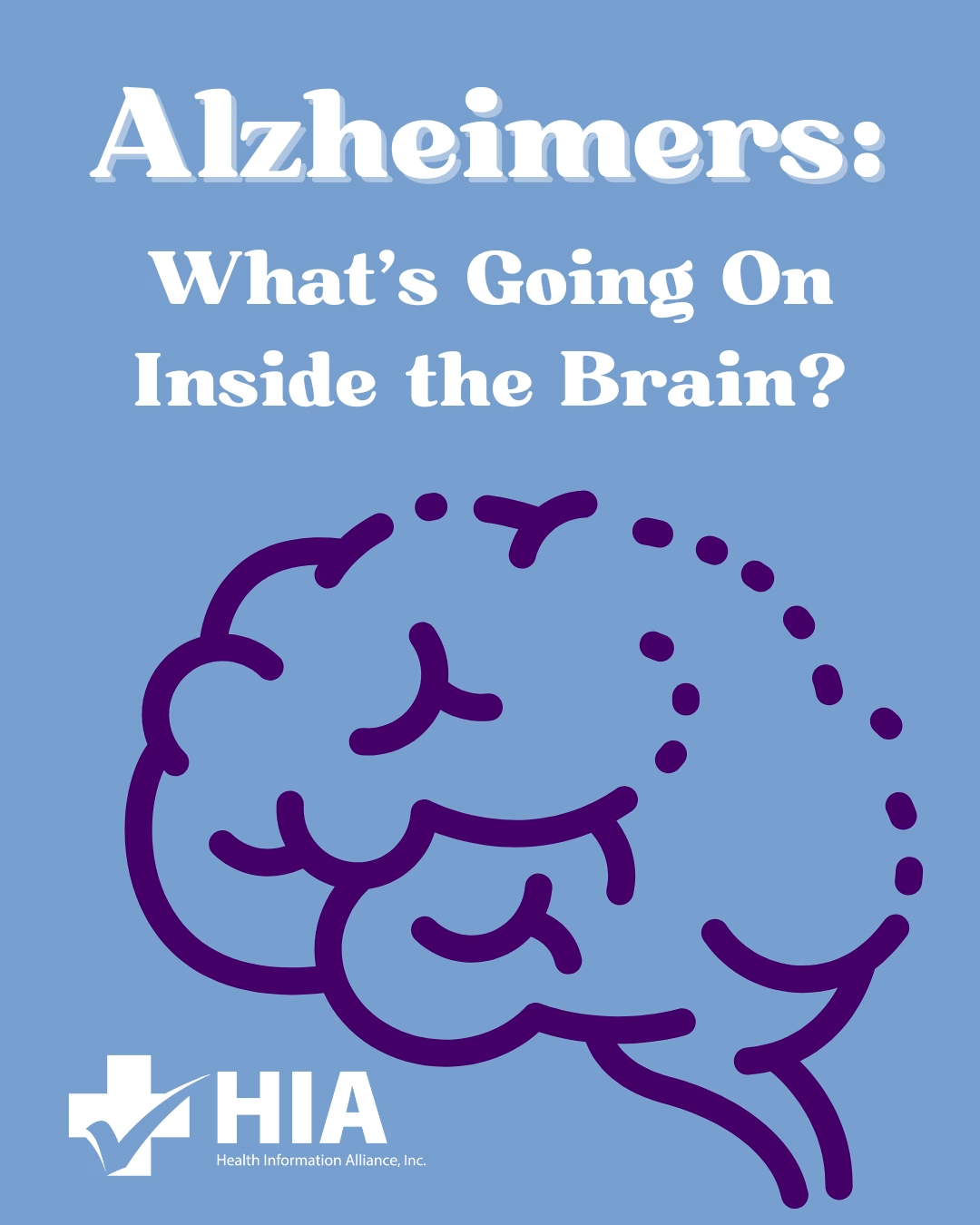Addressing Blood Supply Challenges in Emergency Medicine
Impaired driving significantly challenges public health and safety, greatly increasing the demand for emergency blood transfusions. Recent statistics from the National Highway Traffic Safety Administration (NHTSA) highlight the urgency of this issue, with over 13,000 fatalities annually due to alcohol-related crashes for two consecutive years (NHTSA, 2024). These figures represent not only the tragic loss of life but also the substantial number of individuals requiring immediate and extensive medical intervention, including blood transfusions. The indispensable role of blood donors in supporting trauma care for these victims cannot be overstated.
Victims of alcohol-related accidents often sustain severe injuries, such as internal bleeding, fractures, and organ damage, necessitating significant quantities of blood for surgical procedures and critical care. According to the American Red Cross, a single car crash victim may require as many as 100 pints of blood (American Red Cross, n.d.). This considerable demand can rapidly deplete local blood supplies, particularly during peak periods like holidays when impaired driving incidents increase.
Blood donors are vital in addressing these healthcare needs. Each donation has the potential to save lives, facilitate recovery, and reduce long-term health complications from traumatic injuries. Regular donors ensure hospitals have access to sufficient blood products to meet the unpredictable and urgent needs resulting from impaired driving accidents. Awareness initiatives, especially during Blood Donor Month, underscore the community’s capacity to support healthcare systems.
Alcohol-related crashes not only heighten the immediate demand for blood but also disrupt blood supply management. Hospitals and trauma centers must maintain a consistent inventory of various blood types to respond promptly to emergencies. Increased trauma cases from impaired driving incidents can strain resources, potentially delaying care for other patients. Collaborative efforts among blood banks, hospitals, and public health organizations are crucial in addressing this challenge effectively.
Health Information Alliance (HIA) supports trauma care initiatives through its advanced trauma registry solutions. This registry collects, analyzes, and utilizes data related to impaired driving incidents and outcomes. By tracking trends, HIA helps healthcare providers allocate resources efficiently, identify performance improvement opportunities, and develop targeted interventions to enhance patient care.
HIA’s performance improvement initiatives, including PHC4 abstraction and compliance services, ensure accurate and comprehensive trauma data. These insights enable healthcare organizations to advocate for policies supporting trauma care funding and blood donation campaigns. Strategic planning based on this data allows hospitals to optimize emergency preparedness and response capabilities, improving survival and recovery outcomes for impaired driving victims.
Public awareness campaigns that link impaired driving with the need for blood donations foster community engagement. Individuals can contribute by donating blood regularly and participating in initiatives promoting road safety and responsible behavior. Educational programs highlighting the dual impact of impaired driving on lives and healthcare resources can inspire collective action to mitigate these consequences.
Alcohol-related car crashes significantly affect emergency blood transfusion demand, placing substantial pressure on healthcare systems and blood supplies. Blood donors are essential in meeting this need, and supporting victims of traumatic injuries. Organizations like HIA enhance trauma care through data-driven resource allocation and performance improvement. By fostering responsibility for road safety and community health, society can mitigate the effects of impaired driving and strengthen trauma care systems.
References
American Red Cross. (n.d.). Blood needs & blood supply. Retrieved from https://www.redcrossblood.org/donate-blood/how-to-donate/how-blood-donations-help/blood-needs-blood-supply.html?utm_source=chatgpt.com
National Highway Traffic Safety Administration. (2024). Drunk driving. Retrieved from https://www.nhtsa.gov/risky-driving/drunk-driving






